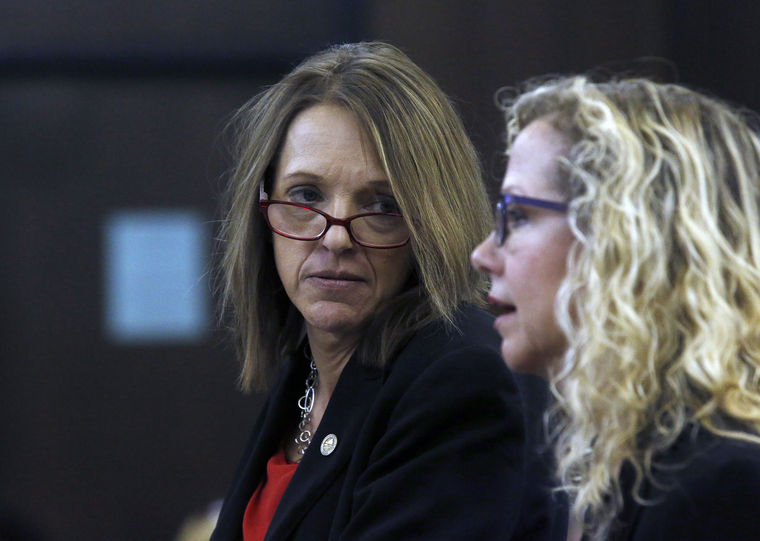
(8-10-16) The office of Virginia Gov. Terry McAuliffe on Monday cleared state Inspector General June W. Jennings and her top aide of any wrongdoing after a whistleblower complaint alleged that her office failed to thoroughly investigate the death of Jamycheal Mitchell, who died in a Virginia jail waiting for a hospital bed. McAuliffe’s chief of staff, Paul Reagan, dismissed the complaint without contacting or interviewing the three whistleblowers who filed it, including Cathy Hill, an employee in Jennings’ office. I thought it only fair to give Ms. Hill a forum to voice her concerns, especially after she recounted her personal struggle with Post Traumatic Stress to me caused by a sexual assault.)
My Story
By Cathy Hill
After approximately a 28 year-career in state service to persons with behavioral health and developmental disabilities, it saddens me to think I may not be able to complete my last few years with the Commonwealth of Virginia because the current leadership of the Office of the State Inspector General (OSIG) has actively undermined my ability to serve in good conscience.
The inadequate investigation into the death of Jamycheal Mitchell conducted by the OSIG Director of Behavioral Health and Developmental Services, Priscilla Smith, and publicly supported by the State Inspector General, June Jennings, became the “last straw” for me and my colleagues, Ann White and William Thomas. The proclamation that the investigation was thorough and complete, coupled with other questionable practices, led the three of us to file a whistleblower complaint in July. After considerable discussion, we decided to share our thoughts and trust that our experiences and concerns provided in good faith, as established by law, would be investigated and a suitable judgment rendered so that the remedies necessary to correct the cited practices can occur.


 (8-3-16) The death of
(8-3-16) The death of 


